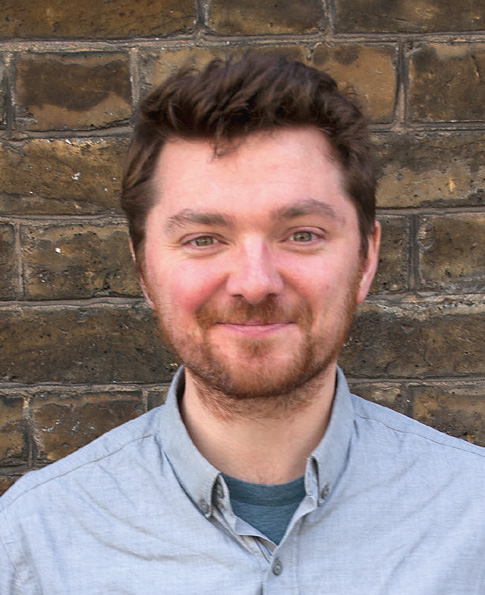
It would be all too easy to start 2018 with a call to protect at all costs the intrinsic value of music as a subject. Sod the booming creative industries, forget the studies on intellectual and psychological development, or the effect a thriving music department can have on a whole school – hell, even sod the music teachers. It's all about the music: the glories of performance, the majesty of a Bach Passion, the hypnotic joy of a two-minute Tame Impala breakdown, Messiaen's mind-bending harmonies, Gesualdo's grief-stricken madrigals. The sheer pop perfection of Taylor Swift.
However, as we all know, it's not that simple. This edition is full of stories which demonstrate how music can and must thrive on its extrinsic merits as well. Most obviously, Portsmouth Music Hub's It's CPR (page 34), which ‘brings together musical inspiration and medical expertise to fire up the imagination and make teaching CPR in schools a fun, informative and rewarding experience that might, one day, save a life’. It's hard to see the downside, and easy to imagine that a city populated by generations of people who knew ‘the CPR song’ would genuinely be a safer one.
There are the Centres for Advanced Training (page 37), which, while promoting excellence and progression, also have a fairly clear strategic goal: using government funding to support the English choral tradition or to provide a stream of talented musicians for the classical music sector.
Then there's Youth Music, whose new chair, YolanDa Brown, starts this month. The projects Youth Music supports ‘help young people to develop musically, of course, but they also have personal and social outcomes too. We support young people to build their confidence, resilience, and self-esteem. To meet different kinds of people, learn to trust each other, and make friends. To develop vital skills they need, get support to be able to face the world, and take control of their own lives’. Music has this potential, for the right young person at the right time: any teacher who doesn't recognise this power for holistic development of non-musical skills alongside musical ones is doing their pupils a disservice.
And, finally, there is music's power to transform the lives of donkeys. As Carl Wholey, national schools education manager at Devon's The Donkey Sanctuary, brilliantly writes on page 10: ‘With the donkey in the opera being the “clever one”, this is another step to breaking down stereotypes and helping elevate the perceived status of donkeys.’ Happy New Year!





